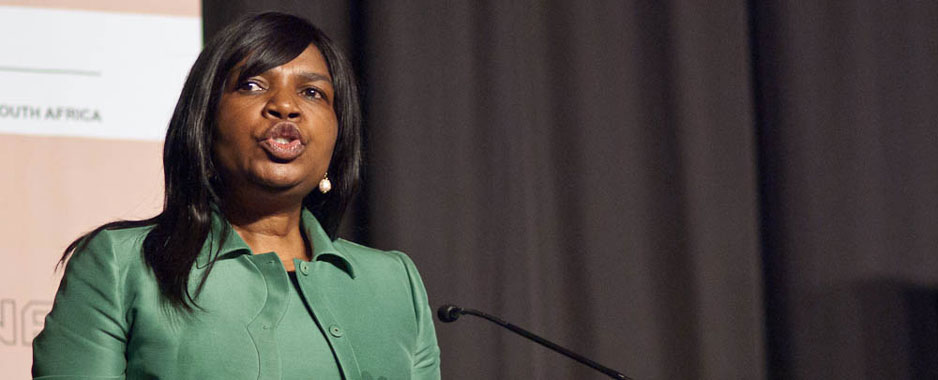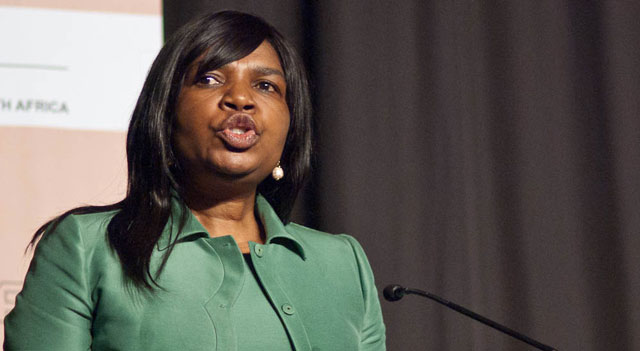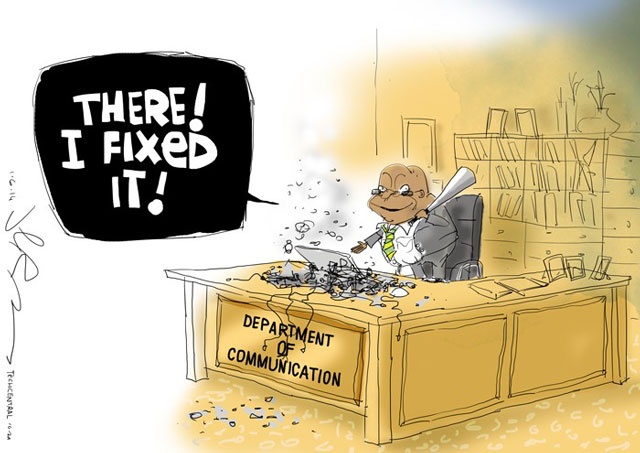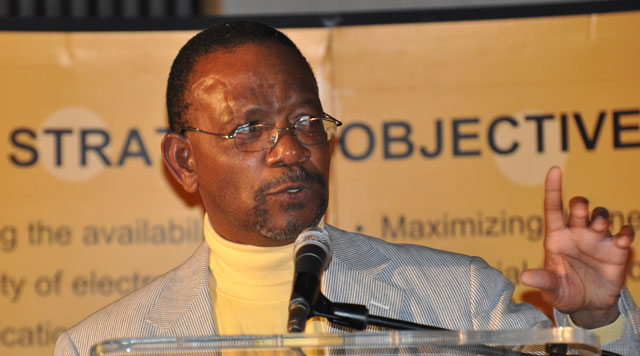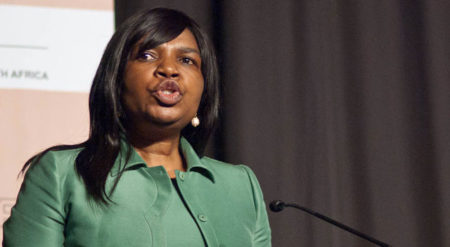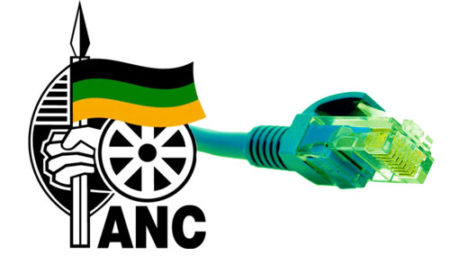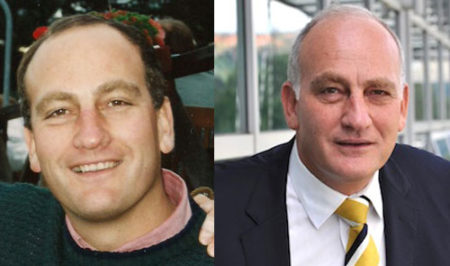Government first raised the idea of a deal between Telkom and Korea’s KT Corp. So, last week’s decision by cabinet not to support the transaction comes as a surprise and a setback for the JSE-listed company and raises serious concerns for shareholders and
Browsing: Sentech
Communications minister Dina Pule and shadow minister Marian Shinn clashed in parliament on Tuesday over government policies in the information and communications technology (ICT) industry and a recent department of communications colloquium that discussed
The switch to digital television broadcasting is on track, communications minister Dina Pule told MPs on Tuesday. “I want to affirm to this house that we are on course on the DTT [digital terrestrial television] process,” she said in the opening debate on her
Last week’s national policy colloquium, organised by the department of communications, drew a degree of cynicism from the telecoms industry. The view among many industry players is that it’s the same old rhetoric with no action. Will this time be different? The industry can be forgiven for suffering from “colloquium fatigue”. Politicians
The Independent Communications Authority of SA (Icasa) is seeking court protection in the wake of news that an unnamed telecommunications operator wants to pay the revised radio frequency spectrum fees that were meant to come into effect on 1 April 2011 but which were instead deferred until this year. Until April 2012, Icasa was
Former Independent Communications Authority of SA (Icasa) chairman Paris Mashile has been appointed to the board of ComUnity, a local mobile-phone development company, as chairman. Mashile is also a director at state-owned broadcasting signal distributor Sentech and is programme director for digital multimedia management
SA will switch on digital terrestrial television services “around” September, starting a period of “dual illumination” of both analogue and digital signals, communications minister Dina Pule said in a statement on Thursday. Pule said Sentech, the state-owned company charged with deploying the broadcasting
The lack of fibre-optic transmission networks outside SA’s main urban centres could prove a huge stumbling block to rolling out next-generation long-term evolution (LTE) networks in rural areas and add significant costs for operators wanting to meet roll-out obligations for these networks. Richard Morse, group technology executive
The ANC’s policy discussion document on communications, which was released this week, contains proposals that could result in the rationalising of state institutions that overlap in their mandates. The policy document proposes the merging of Sentech, the state broadcasting signal
MTN SA urgently requires access to spectrum bands that will allow it to build a commercial network using next-generation long-term evolution (LTE) technology and MD Karel Pienaar believes the operator should be given early access ahead of a formal spectrum licensing process by the Independent Communications



